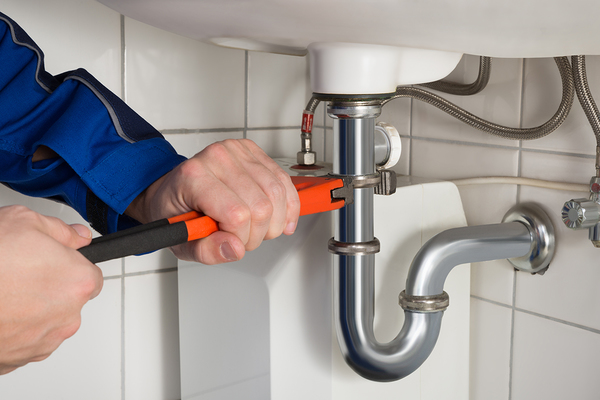Savills housing sector survey: building homes more important than existing stock to housing leaders
Building homes is more important to housing sector leaders than investing in existing homes, a Savills survey has found.
The annual Savills Housing Sector Survey, produced with Inside Housing’s sister publication Social Housing, found that 54% of senior housing professionals see development as a greater priority than maintenance.
However, more than half believed too little is being done to maintain existing homes, compared with 35% in 2017.
Providing social rented homes was the top priority for 84% of respondents – a surge from 65% in last year’s survey.
More than 500 housing association and council bosses were polled for the survey, which Savills said is the most comprehensive of its kind.
The findings will be launched at the Housing 2019 conference in Manchester today.
Many respondents appeared to have made changes at their organisations, prompted by the Grenfell Tower disaster, with 78% reporting more investment in health and safety compared with two years ago and 59% putting more resources into tenant engagement, up from 34% in 2018.
Robert Grundy, head of housing at Savills Housing Consultancy, said: “There is more expectation placed on the social housing sector than at any time in recent memory.
“First, pressure on new housing delivery continues in the face of a slowing housing market and the uncertainty of Brexit.
“Along with this – and in the long shadow of the Grenfell tragedy – the Social Housing Green Paper, the Hackitt Review and the likely review of the Decent Homes Standard have led to a sustained focus on health and safety compliance of existing stock.”
Seven in 10 (70%) local authorities said they plan to increase delivery of affordable housing, with 25% expecting a big increase.
But 61% said financial capacity remains the key barrier to development, despite the Housing Revenue Account borrowing cap being lifted in October.
Meanwhile, 72% of respondents believe for-profit providers have a role to play in solving the housing crisis, but 65% feel these organisations are less concerned with tenant welfare than traditional housing associations.
And 69% expect to be using modern methods of construction for 10-50% of their new homes in five years’ time, compared with 21% doing so at present.
A third (33%) said a Brexit-related housing market downturn would affect their development activities, up from 27% last year.











